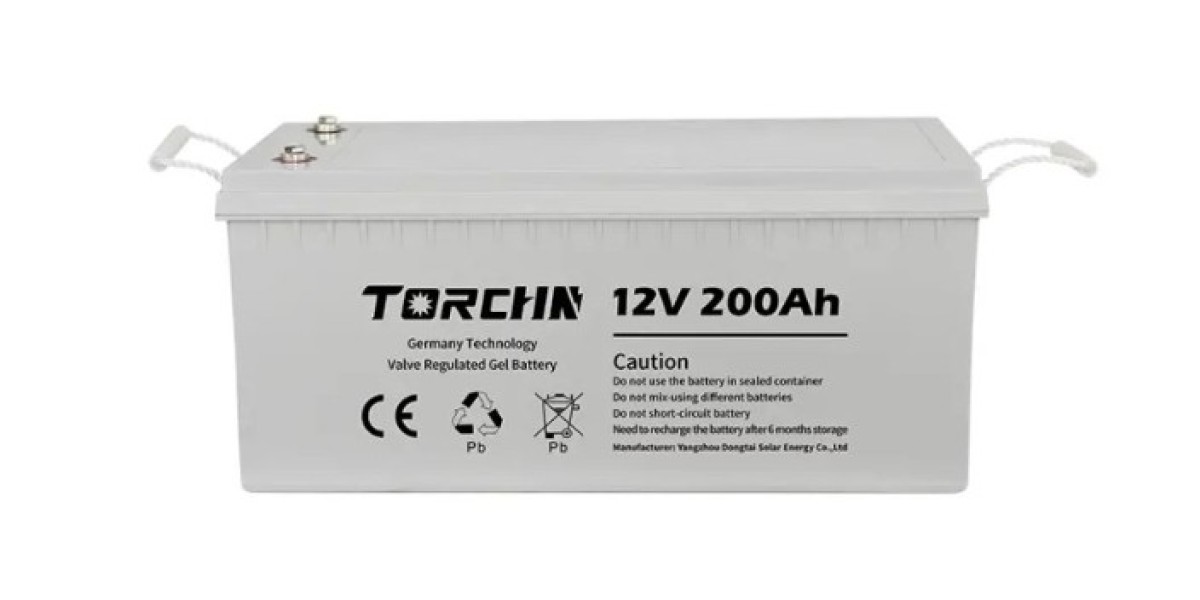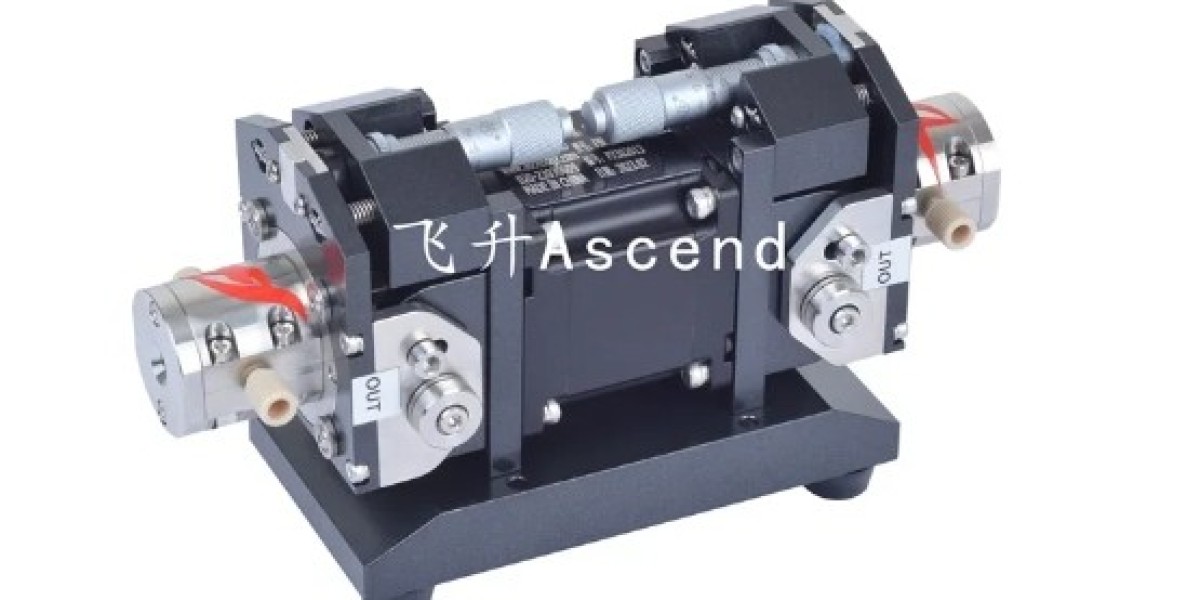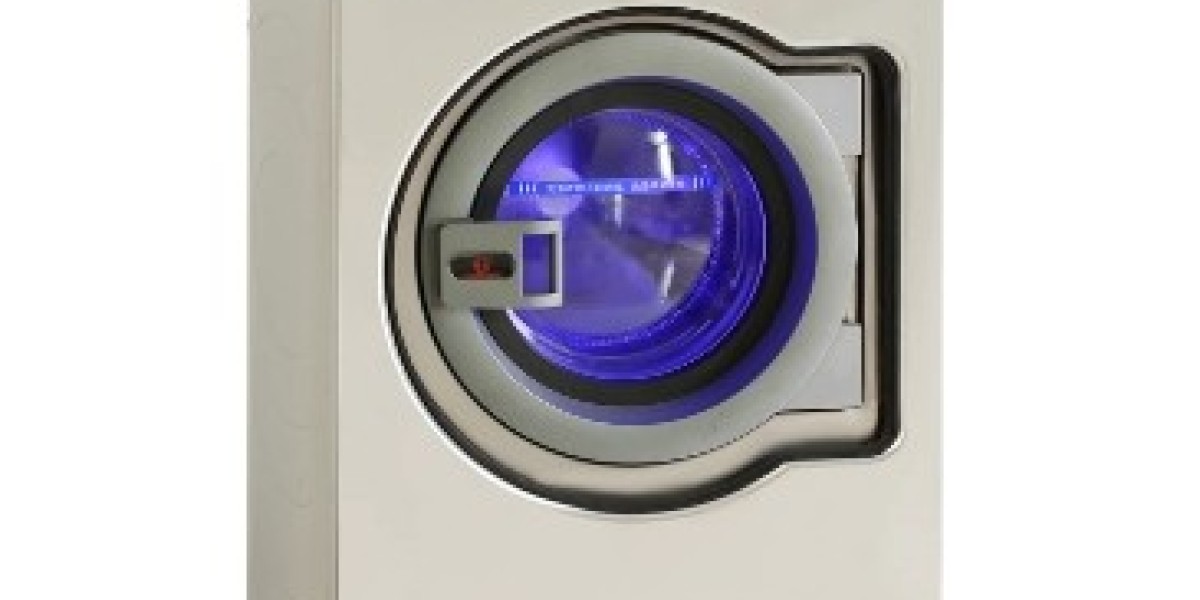Renewable energy sources such as solar and wind power have gained significant traction in recent years as we strive to reduce our reliance on fossil fuels. However, one of the biggest challenges faced by renewable energy systems is the intermittent nature of these sources. To address this issue, energy storage technologies play a crucial role in ensuring a stable and reliable supply of electricity. Among the various energy storage options available, lead-acid batteries have emerged as a cost-effective and reliable solution. In this article, we will explore the role of lead-acid batteries in renewable energy storage and their significance in the transition towards a sustainable future.
1. Understanding Lead-acid Batteries
Lead-acid batteries are one of the oldest and most widely used rechargeable battery technologies. They consist of lead plates immersed in an electrolyte solution of sulfuric acid. When electricity is supplied, a chemical reaction occurs, converting lead sulfate into lead dioxide and lead. During discharge, the process is reversed, converting the lead dioxide and lead back into lead sulfate, releasing electrical energy.

2. The Advantages of Lead-acid Batteries
2.1. Cost-effectiveness:
Lead-acid batteries are known for their affordability, making them an attractive option for renewable energy storage systems. The manufacturing process is well-established, resulting in lower production costs compared to other battery technologies. This cost advantage makes lead-acid batteries accessible to a wider range of users, including residential, commercial, and industrial applications.
2.2. High Energy Density:
Lead-acid batteries offer a high energy density, meaning they can store a significant amount of energy in a relatively small space. This compactness makes them suitable for various renewable energy storage applications, including off-grid systems, backup power, and hybrid renewable energy systems.
2.3. Longevity and Reliability:
Lead-acid batteries are known for their durability and long service life. With proper maintenance and care, they can last for several years, making them a reliable choice for renewable energy storage. Additionally, lead-acid batteries have a high tolerance for deep cycling, allowing them to be discharged and recharged repeatedly without significant degradation in performance.
3. Applications in Renewable Energy Storage
3.1. Off-Grid Systems:
Lead-acid batteries are commonly used in off-grid renewable energy systems, where there is no access to the main power grid. These batteries store excess energy generated during peak production periods, such as sunny or windy days, and release it during periods of low or no energy production. This ensures a continuous power supply, even when renewable energy sources are not actively generating electricity.
3.2. Backup Power:
Lead-acid batteries are also utilized as backup power sources in renewable energy systems. During power outages or when renewable energy sources are unable to meet the demand, these batteries provide a reliable source of electricity. This is particularly important in critical applications such as hospitals, data centers, and telecommunications infrastructure, where uninterrupted power supply is essential.
3.3. Hybrid Renewable Energy Systems:
Hybrid renewable energy systems combine multiple sources of energy, such as solar, wind, and diesel generators, to ensure a stable and reliable power supply. Lead-acid batteries play a crucial role in these systems by storing excess energy from renewable sources and providing a seamless transition between different energy sources. This integration helps optimize energy usage, reduce reliance on fossil fuels, and minimize carbon emissions.

4. Baoxinda Energy Technology and Lead-acid Batteries
Baoxinda Energy Technology is a leading provider of lead-acid batteries for renewable energy storage applications. With a strong focus on research and development, Baoxinda Energy Technology has developed advanced lead-acid battery solutions that offer enhanced performance, reliability, and efficiency. Their batteries are designed to meet the specific requirements of renewable energy systems, ensuring optimal energy storage and utilization.
Conclusion
As the world transitions towards a sustainable energy future, the role of lead-acid batteries in renewable energy storage cannot be overlooked. Their cost-effectiveness, high energy density, longevity, and reliability make them a viable option for various applications. Baoxinda Energy Technology's commitment to innovation further enhances the potential of lead-acid batteries in renewable energy storage, contributing to a greener and more sustainable world.








